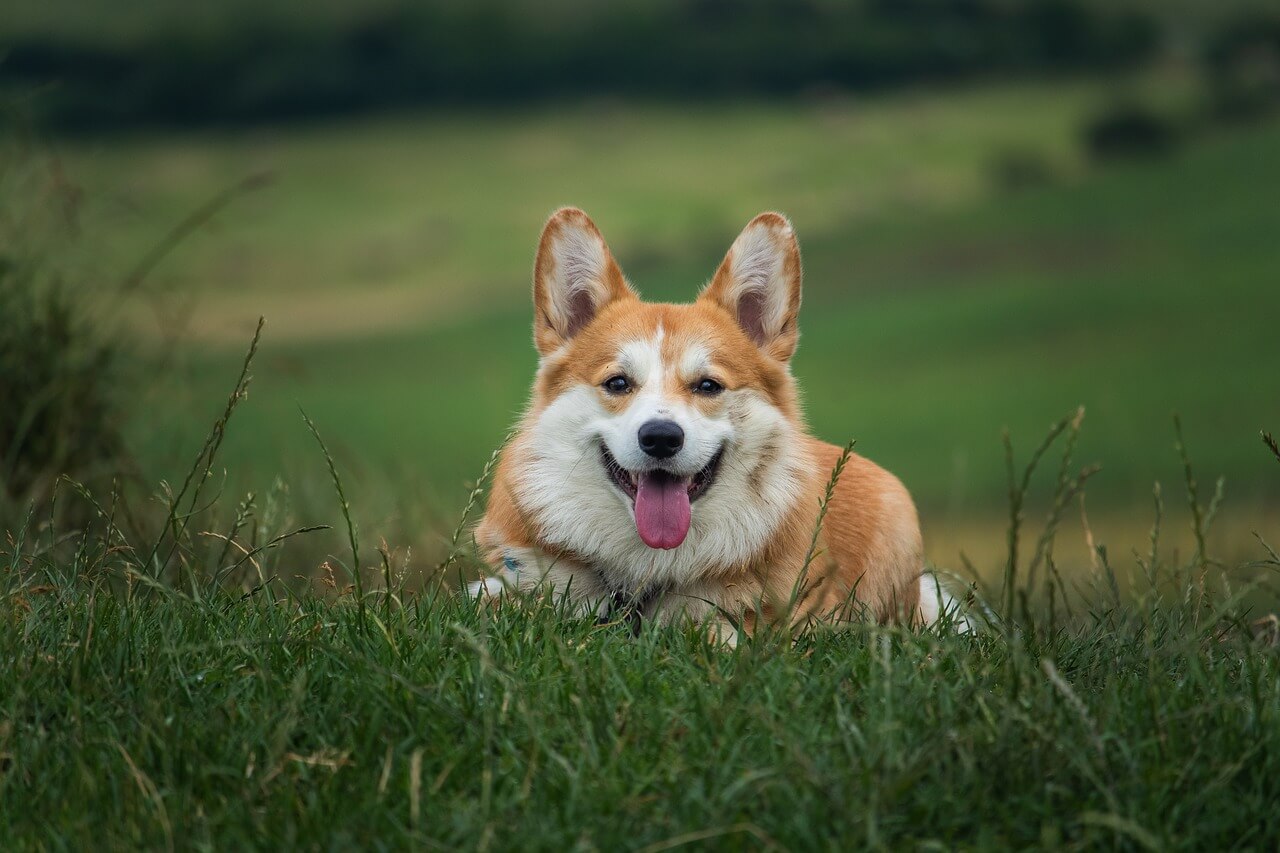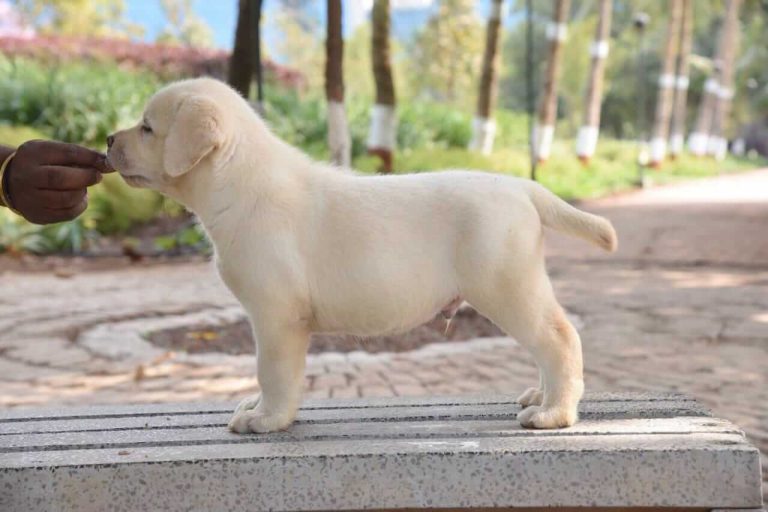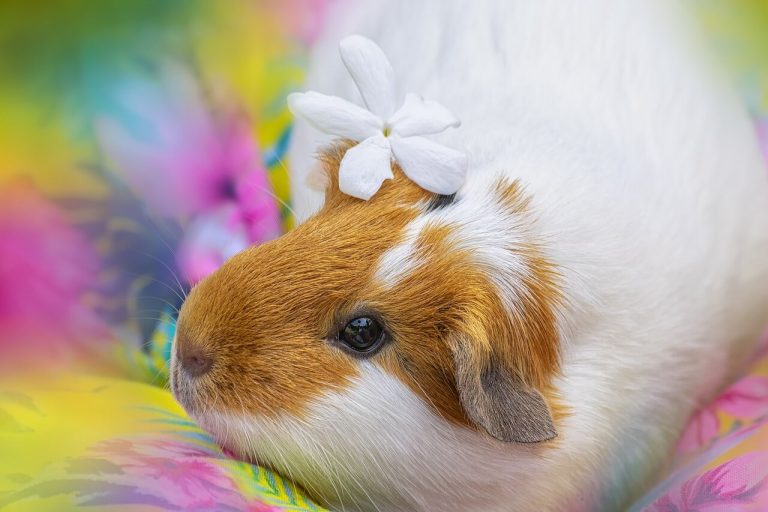How Big Do Corgis Get?
Corgis are small, short-legged dogs that originate from Wales. They closely resemble their close relative the Cardigan Welsh corgi, but are smaller in size.
Corgis are a small dogs with a lot of energy. If you have one, then caring for it can be overwhelming at first because they tend to have unique dietary needs from other dogs. Corgis need more calories than other dogs, as well as high-quality protein and fat content if they’re going to maintain their weight. In general, corgi food recommendations suggest that these pups eat the same quality dog food as any other breed – but in smaller quantities. However, there are a few tricks you can use to keep them healthy and happy. Here’s what a quick search of “corgi foods” will tell you:
How Big Do Corgis Get?
Contents
The most common size of a corgi dog is small to medium. They can weigh anywhere from 23-45 pounds, with an average weight of 30 pounds.
Corgis are short legged dogs that have a large head and a short muzzle. The Corgi has a beautiful coat which comes in three colors: red, sable, or black and tan.
1.) Cost It’s important that your little Corgi gets enough calories per day, but you don’t need to buy the most expensive food you can find – especially if your dog is a picky eater. Quality food will cost more, but it’s worth it to spend a little bit extra for a happy and healthy pup!
2.) Variety There are many different types of corgi foods from dry kibble to canned options. You’ll want to find something that you think they’ll enjoy eating – otherwise, they won’t eat at all! In general, Corgi dogs love their food and will eat anything as long as they’re hungry. They sometimes make themselves sick trying to rush through their meals just so they can get back to playing.
3.) Natural It’s best not to give them human-grade food. They can’t chew as well as humans, and are more likely to choke or get sick from foods that are too soft.
4.) Free-feeding This means giving them food whenever they want throughout the day. Some Corgis do better on this routine rather than scheduled feedings because it allows them to eat enough for their daily activities.
5.) Cold Water You might have noticed that your dog likes cold water – but why? The theory is that since corgis were bred in colder climates, they need to stay cool even when its hot outside. Theories aside, you should take note of whether your Corgi drinks more water during the summer months due to excessive panting, which could be a sign of heatstroke. Keeping water bowls full of cool water will help.
6.) Fatty Acid They need fatty acids to keep their skin and coat healthy, as well as their digestive system running smoothly. Corgi food recommendations suggest that they also get more fiber than other breeds – another way to keep them from becoming constipated!
7.) Weight Management As a small breed under 20 pounds, corgis have high metabolisms which means they burn calories faster than larger dogs. Since they’re constantly on the go, it’s important to give them enough exercise or playtime so that they can lose weight naturally through increased activity levels.
8.) Corgi Puppies Like all puppies, Corgis shouldn’t be given too much food at one time. This can lead to bloat, which is a painful condition that could kill the dog if not treated quickly. Their small stomachs are very sensitive to big meals all at once – putting them at risk for other digestive problems as well. Treat your puppy with care and space out their feedings so they don’t accidentally have too much food in their system.
9.) Protein Corgis need 60% protein content in their diet because they aren’t large dogs. They do best on high-quality diets that will help maintain muscle mass, instead of using up energy by breaking down fat or tough meat fibers for fuel.”
Where do corgis come from?
The corgi breed dates back to the 10th century when they were used as herding dogs. Currently, there are two types of corgis: Pembroke Welsh Corgi and Cardigan Welsh Corgi.
This is a popular breed in the United States due to its smaller size and energy level. They don’t require much exercise and would rather spend their time playing inside than running around in a big yard! It’s fairly common for these pups to weigh 30 pounds or less.
How much do corgis cost?
The cost of a Corgi can vary greatly depending on the breeder’s location. There are many breeders all across the United States, which directly affects the price of each dog. On average, you can expect to pay between $400 – $800 for a Pembroke Welsh Corgi and $700-$1,000 for a Cardigan Welsh corgi.
You should also factor in any additional costs such as grooming and veterinary care. However, these costs shouldn’t be too much due to their smaller size! Overall, this pup is very healthy and has low maintenance costs which makes them an excellent family pet.
How long do corgis live?
On average, corgis live between 12-15 years, with the Pembroke Corgi typically living between 13-14 years.
How to tame a corgis?
In general, corgis are full of energy and can be a handful when they want to play. In order to tone down their energetic behavior, it’s important to train them from a young age.
Corgis don’t respond well to harsh training methods or punishments that will cause their ears and tails to go down in shame! They learn most easily through positive reinforcement with treats and toys. It can take some time for training these feisty pups, but the end result is a happy, friendly dog that you enjoy spending quality time with!
Do corgis make good guard dogs?
It really depends on the individual dog. Some Corgi dogs make excellent watchdogs due to their alert nature towards strangers while others don’t see the point in protecting you and may not alert you at all.
They may bark towards a stranger, but if their tail is wagging then this means that they’re very happy to see them! On average, corgis bark more than other breeds which can be a nuisance for some people. If you want an obedient dog that won’t cause problems around your home then this isn’t the breed for you. However if your looking for a loving companion who will protect your family at all costs, it’s hard to beat a Corgi pup!


